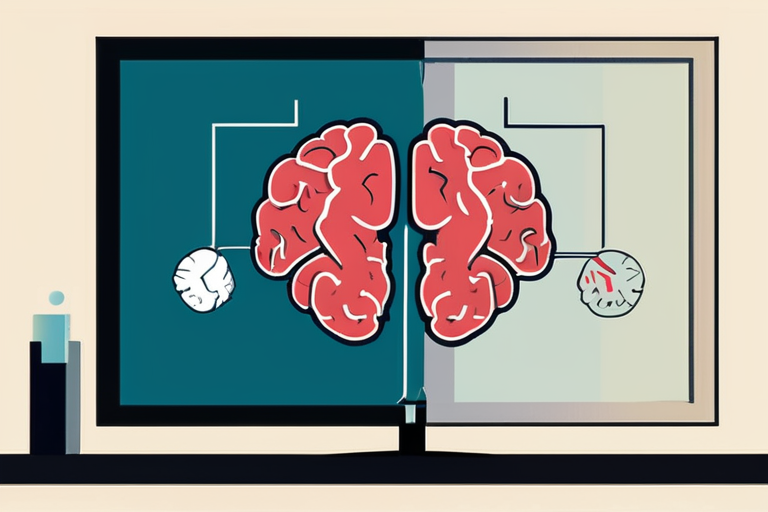Researchers have long understood that the brain plays a significant role in processing and interpreting the sounds we hear, but recent studies have shed new light on the complex mechanisms at play. According to psychologist Diana Deutsch, who first discovered the Octave Illusion in the 1970s, the brain edits the world we hear, creating a best guess of what we perceive as consciousness. This process, which involves the brain's attempt to make sense of the chaotic sounds it receives from the environment, has significant implications for our understanding of hearing and perception.
Deutsch, who was experimenting with a synthesizer at the time, recalls the moment she stumbled upon the Octave Illusion. "It seemed to me that I had entered another universe or I had gone crazy or something...the world had just turned upside down!" she said. The illusion, which can be heard online, is a striking example of how the brain can be tricked into perceiving sounds in a way that is not necessarily accurate. Deutsch's discovery has since been confirmed by numerous studies, which have shown that the brain's processing of sound is a highly complex and dynamic process.
According to Professor Dan Polley, a leading expert in the field of hearing and perception, the brain's ability to edit and interpret sound is essential to our ability to make sense of the world around us. "Because the brain doesn't have direct contact with the physical world, everything that we perceive as consciousness is constructed from the activity of neurons," he explained. This process, which involves the integration of multiple sources of information, is a key aspect of the brain's ability to create a coherent and meaningful representation of the world.
The implications of this research are far-reaching, with potential applications in fields such as music, audio engineering, and even medicine. For example, researchers have used the principles of sound processing to develop new treatments for tinnitus, a condition characterized by ringing or other sounds in the ears. By understanding how the brain processes sound, researchers may be able to develop more effective treatments for this condition, which affects millions of people worldwide.
In recent years, advances in technology have made it possible to study the brain's processing of sound in greater detail than ever before. Using techniques such as functional magnetic resonance imaging (fMRI) and electroencephalography (EEG), researchers have been able to map the brain's activity in response to different sounds and identify the specific neural pathways involved in sound processing. These advances have opened up new avenues for research into the complex mechanisms of hearing and perception.
As researchers continue to explore the intricacies of sound processing, new discoveries are being made regularly. For example, a recent study published in the journal Nature found that the brain's processing of sound is influenced by a person's emotional state, with sounds that are associated with positive emotions being processed more quickly and efficiently than those associated with negative emotions. This finding has significant implications for our understanding of the complex relationship between sound, emotion, and perception.
In conclusion, the brain's processing of sound is a complex and dynamic process that is essential to our ability to make sense of the world around us. Through the discovery of the Octave Illusion and subsequent research, we have gained a deeper understanding of the mechanisms involved in sound processing and the implications of this research for fields such as music, audio engineering, and medicine. As researchers continue to explore the intricacies of sound processing, new discoveries are being made regularly, shedding new light on the complex and fascinating world of hearing and perception.


























Share & Engage Share
Share this article